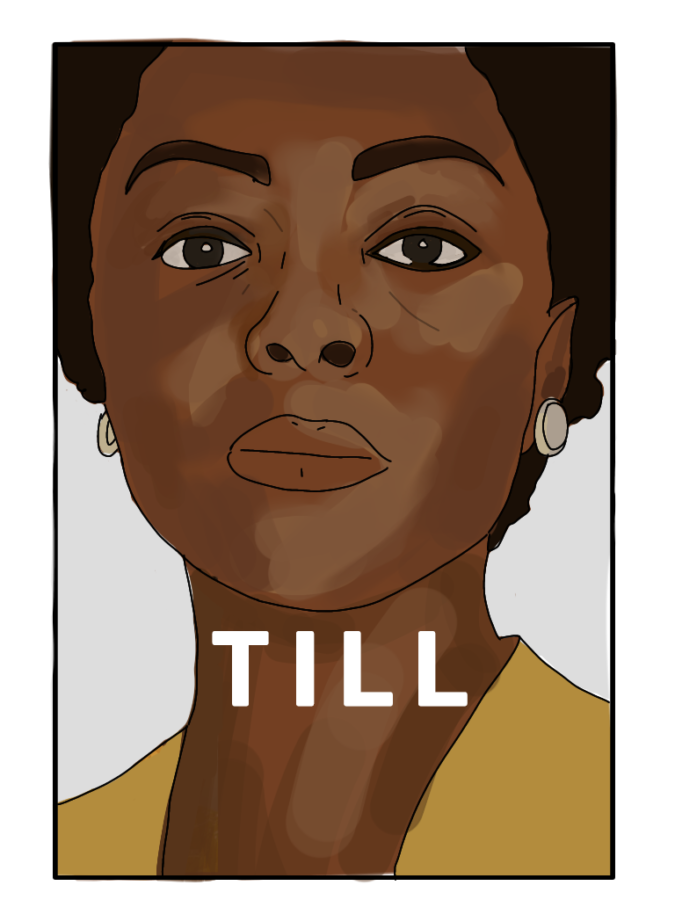‘Till’ Oscars nomination snub raises accusations of racism
“Till”, a movie about the murder of Emmett Till and activism of his mother, did not receive any Oscar nominations.
March 30, 2023
The 95th Academy Awards ceremony may have come and gone, but some of the controversy surrounding the event continues to simmer. One of the most talked about issues with the Oscars this year is the lack of Black nominees, once again highlighting the long-standing issue of racial inequality in the industry.
Till, a movie directed by Chinonye Chukwu, tells the story of Emmett Louis Till, a 14-year-old African American boy who was brutally lynched in 1955. The movie focused on Till’s mother, Mamie Till-Mobley, who fought relentlessly for justice for her son’s death.
The film featured an ensemble cast that included Danielle Deadwyler as Mamie Till-Mobley, Adrian Holmes as Till’s father, and Whoopi Goldberg as Till’s grandmother.
Having won a BAFTA, a Screen Actors Guild Award and countless other awards, the movie has made a prominent mark on the film industry. However, the film was not nominated for any Oscars, raising controversy.
When Till, a movie about an icon in both the civil rights movement and the feminist movement, was snubbed from an Oscar nomination, even though it has won numerous other prestigious awards, many people called out the Academy for its racism and misogyny.
“I thought it was so powerful. It deserved to be recognized,” senior Paulyn Baringanire said.
The director of the film took to Instagram to express her discontent regarding the lack of appreciation for important black women. “We live in a world and work in industries that are so aggressively committed to upholding whiteness and perpetuating an unabashed misogyny towards Black women. And yet, I am forever in gratitude for the greatest lesson of my life – regardless of any challenges or obstacles, I will always have the power to cultivate my own joy, and it is this joy that will continue to be one of my greatest forms of resistance,” Chukwu said.
Racism has been a long-standing issue at the Oscars, with many people pointing out the lack of recognition for people of color in major categories. The #OscarsSoWhite campaign gained traction in 2016 when no actors of color were nominated in any of the four major categories. This sparked a wider conversation about the lack of diversity and representation at the Academy Awards.
“Also, just like not many diverse directors are given enough opportunities to even get to, like, the point of being Oscars nominated. The, like, systemic racism and like just not being able to compete in things against like, white directors who have like all that privilege or who have nepotism, like, it’s just really hard to go up against,” sophomore Shuchi Tyagi said.
In recent years, there have been some efforts to address this issue. The Academy has invited more diverse members to join. There have also been some notable wins for people of color, including the awards for Best Actress and Best Supporting Actor being awarded to Michelle Yeoh and Ke Huy Quan for Everything Everywhere All at Once, and Best Score being awarded to “Naatu Naatu” from RRR.
However, some argue that progress has been slow and that there is still a long way to go to ensure that the Oscars are truly inclusive and representative of all voices in the industry.
“I feel like this might have some political, like, motives behind the determining of the award. So if that is the case, then I think there might be some prejudice behind this thing,” senior Claire Chen said.



